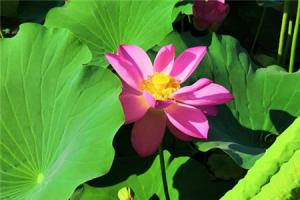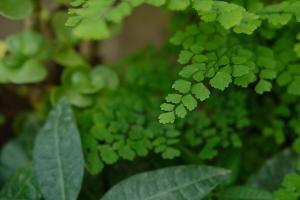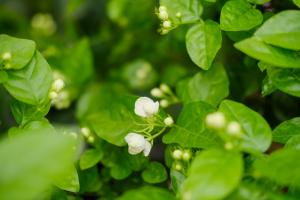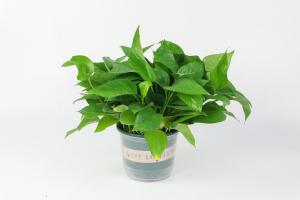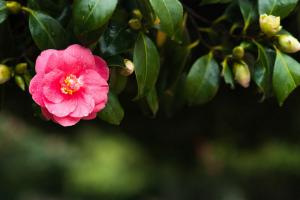Introduction
Cherry tomato plants are a popular choice for gardeners and home growers because of their ease of cultivation, high yield, and delicious flavor. However, one question that often arises among growers is how long a cherry tomato plant can continue to produce. In this article, we will explore the factors that influence the duration of cherry tomato production and provide tips to help you extend the growing season of your cherry tomato plants.
Determining the Lifespan of Cherry Tomato Plants
Cherry tomato plants are classified as determinate or indeterminate based on their growth habits. Determinate varieties grow to a certain height and then stop growing, producing fruit for a limited period of time. Indeterminate varieties, on the other hand, will continue growing throughout the growing season and can produce fruit for several months or even up to a year in some cases.
The lifespan of a cherry tomato plant also depends on other factors such as the growing conditions, disease and pest pressure, and the amount of care given to the plants. In general, a healthy cherry tomato plant should produce fruit for at least two to three months, with some indeterminate varieties producing for up to six months or more.
Tips for Extending the Production of Cherry Tomato Plants
To maximize the lifespan and yield of your cherry tomato plants, here are some tips to follow:
Provide Adequate Water and Nutrition
Cherry tomato plants require consistent moisture and a balanced nutrient supply to produce fruit for an extended period. Water the plants deeply and regularly, especially during the hot summer months, and feed them with a balanced fertilizer every two to three weeks.
Prune and Support the Plants
Regular pruning and support can help maintain the health and productivity of cherry tomato plants. Remove any yellow or diseased leaves, and pinch off the suckers that grow in the crotches of the plant to redirect the energy into fruit production. Use stakes, trellises, or cages to support the plants and prevent them from toppling over.
Control Pests and Diseases
Cherry tomato plants are prone to several pests and diseases, which can significantly reduce their lifespan and yield. To prevent or control these issues, keep the area around the plants free of debris and weeds, rotate crops regularly, and use organic pest and disease control methods if necessary.
Harvest the Fruit Frequently
Regular harvesting of cherry tomatoes is essential to encourage new fruit production and prolong the plant's lifespan. Pick the fruit when it is fully ripe but still firm, and avoid leaving overripe or damaged fruit on the plant, as this can attract pests and disease.
Conclusion
Cherry tomato plants can be productive for several months if given the right growing conditions and care. Follow the tips provided in this article to extend the lifespan and yield of your cherry tomato plants, and enjoy a bountiful harvest of delicious tomatoes throughout the growing season and beyond.

 how many times do yo...
how many times do yo... how many planted tre...
how many planted tre... how many pine trees ...
how many pine trees ... how many pecan trees...
how many pecan trees... how many plants comp...
how many plants comp... how many plants can ...
how many plants can ... how many plants and ...
how many plants and ... how many pepper plan...
how many pepper plan...
